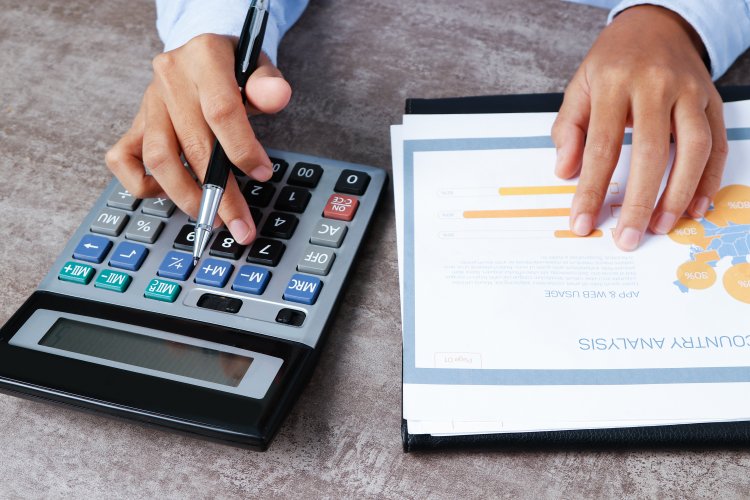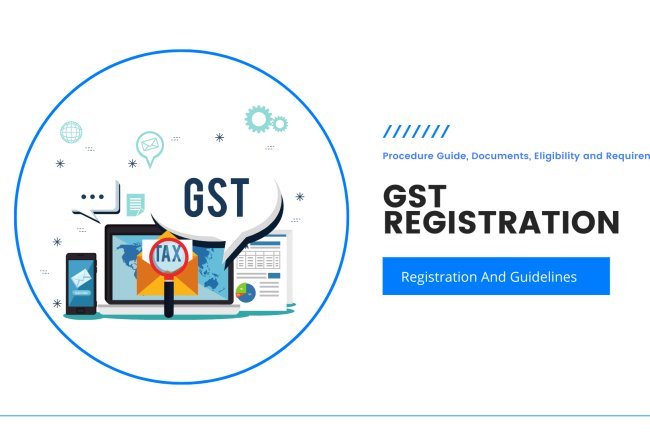What is GAAP in Accounting: A Comprehensive Guide
Generally Accepted Accounting Principles (GAAP) refer to standardized accounting rules and practices meant to ensure that the financial statements are consistent, transparent, and comparable. The principles are a basis for reporting financial information accurately, and hence they are critical to businesses, investors, and regulatory bodies. GAAP includes some essential accounting aspects such as revenue recognition, balance sheet classification, and expense reporting. The key principles of consistency, relevance, and full disclosure ensure that stakeholders can make informed decisions. GAAP is applied fundamentally in the United States by the Financial Accounting Standards Board, also known as FASB. Conformity to GAAP ensures that entities avoid fraud practices and maintain ethical conduct in financial reporting. GAAP has a framework that increases trust in financial data for users worldwide.

Imagine keeping a notebook to track your money. To maintain clearness, you follow some rules called Generally Accepted Accounting Principles or GAAP. The set of rules serves as guidelines to help everyone record and share financial information similarly. Without GAAP, diverse methods could lead to confusion when financial details are shared with other individuals. GAAP helps both big and small businesses produce reliable and meaningful reports. Knowing these principles is important for transparency in finance. Learning GAAP from a course like an Accounting Course will equip individuals with the skills to apply rules and make financial records neat, reliable, and useful in real-world scenarios.
What is GAAP in Accounting?
GAAP, generally accepted accounting principles, are a code of standardized guidelines and norms for financial accounting and reporting. A set of principles has been designed to ensure that the financial statement is:
1. Consistent- It represents comparability in different time periods and business entities
2. Accurate: Reflecting the true position of finances of a business.
3. Transparent: Clearly indicates or gives insight to stakeholders, investors as well as regulatory agencies.
GAAP is widely recognized in many countries, especially in the United States, where the Financial Accounting Standards Board (FASB) establishes these principles. While other countries might use different frameworks like the International Financial Reporting Standards (IFRS), GAAP remains a gold standard in accounting.
GAAP Compliance
GAAP refers to the compliance of standardized accounting principles established by the Financial Accounting Standards Board (FASB) for publicly traded companies in the U.S. These principles provide a uniform framework for presenting financial data, ensuring consistency and comparability across different businesses. This uniformity is particularly beneficial for investors, as it simplifies evaluating financial metrics and making informed decisions.
For businesses, compliance with GAAP ensures smoother audits from the outside since accounting records are consistent and do not present a complex view for the auditors who can easily analyze and compare data between similar organizations. It demonstrates that financial reports are accurate and complete.
Failure to follow GAAP attracts serious effects such as large fines and loss of integrity and reputation at the local and international levels. Moreover, a failure in adherence may present internal difficulties like incorrect recording, hence hampering bookkeeping in the management of finances.
Principles of GAAP
There are several base principles that are the bedrock of preparing and reporting GAAP statements. They are as follows:
1. Principle of Regularity
Accountants must adhere to established standards and practices consistently.
2. Principle of Consistency
Methods and procedures used in accounting should remain uniform across reporting periods unless there’s a justified reason for a change.
3. Principle of Sincerity
Financial reports should reflect the organization’s true financial condition without bias.
4. Accounting Methods Should be Permanent.
Accounting methods should not be changed, as this can create a difference in comparison over time.
5. Principle of Non-Compensation
All things should be transparent; no financial thing should be offset by another one.
6. Principle of Prudence
The accountant should always be cautious; he/she should report only realistic figures and should not be optimistic.
7. Principle of Periodicity
Financial reporting should occur at regular intervals, such as quarterly or annually.
8. Principle of Materiality and Full Disclosure
All relevant information that could influence stakeholder decisions must be disclosed in financial reports.
Importance of GAAP on Accounting
1. Unification
GAAP provides accounting with a standard. This way, a business, and other stakeholders can find out the financial statements meaning and compare them easily.
2. Stakeholder's Confidence
Observing GAAP provides the assurance an organization is concerned about how it presents things in reliability and transparency. Therefore, enhances investor and regulatory authority confidence.
3. Promotes Regulatory Compliance
Many regulatory bodies require businesses to prepare financial reports based on GAAP so that it would be in tandem with legal standards.
4. Enables decision-making Accurate and reliable financial statements will help businesses, investors, and other stakeholders make informed decisions.
Challenges in Implementing GAAP
Problems in Applying GAAP Even though GAAP gives a strong framework for financial reporting, the application is not without its problems:
- Complexity of Standards: With so many principles and rules, businesses find it rather tough to navigate.
- Cost of Compliance: Complying with GAAP is an expensive affair; it involves training as well as specific software to be in compliance with such standards.
- Interpretation Issues: Principles sometimes offer interpretation space, which makes one inconsistent.
To overcome such challenges accountants need to keep abreast of current updates in GAAP and can continually seek education through programs such as taking the Tally Course, and a taxation course and its updates.
Relevance of GAAP for Modern Accountants
Knowledge and proficiency in GAAP are key points for an accountant given current business activities. Handling your financial record for even a startup, a multinational group corporation, or a social-oriented organization, requires the skeleton principles of accounting based upon some GAAP rules.
This skill can be developed by seeking admission to a course like an Accounting Course in Kolkata. They would learn how accounting software practically works and also GAAP principles, which serve as a foundation for learning and applying it in reality.
Future of GAAP
As companies are evolving, and more and more financial complexities are surfacing, GAAP too must follow the changes in order to keep abreast of modern needs. Perhaps, the next turn for accounting standards may come in terms of sustainability reporting and digital financial tools in the near future. It will benefit an accountant if he could be well equipped to tackle such change with the help of courses such as a GST Course.
Conclusion
Understanding what GAAP in accounting is serves as basic knowledge to those seeking advancement. This means the principles that form the base of modern accounting practices help make financial statements consistent, transparent, and reliable.
What's Your Reaction?















